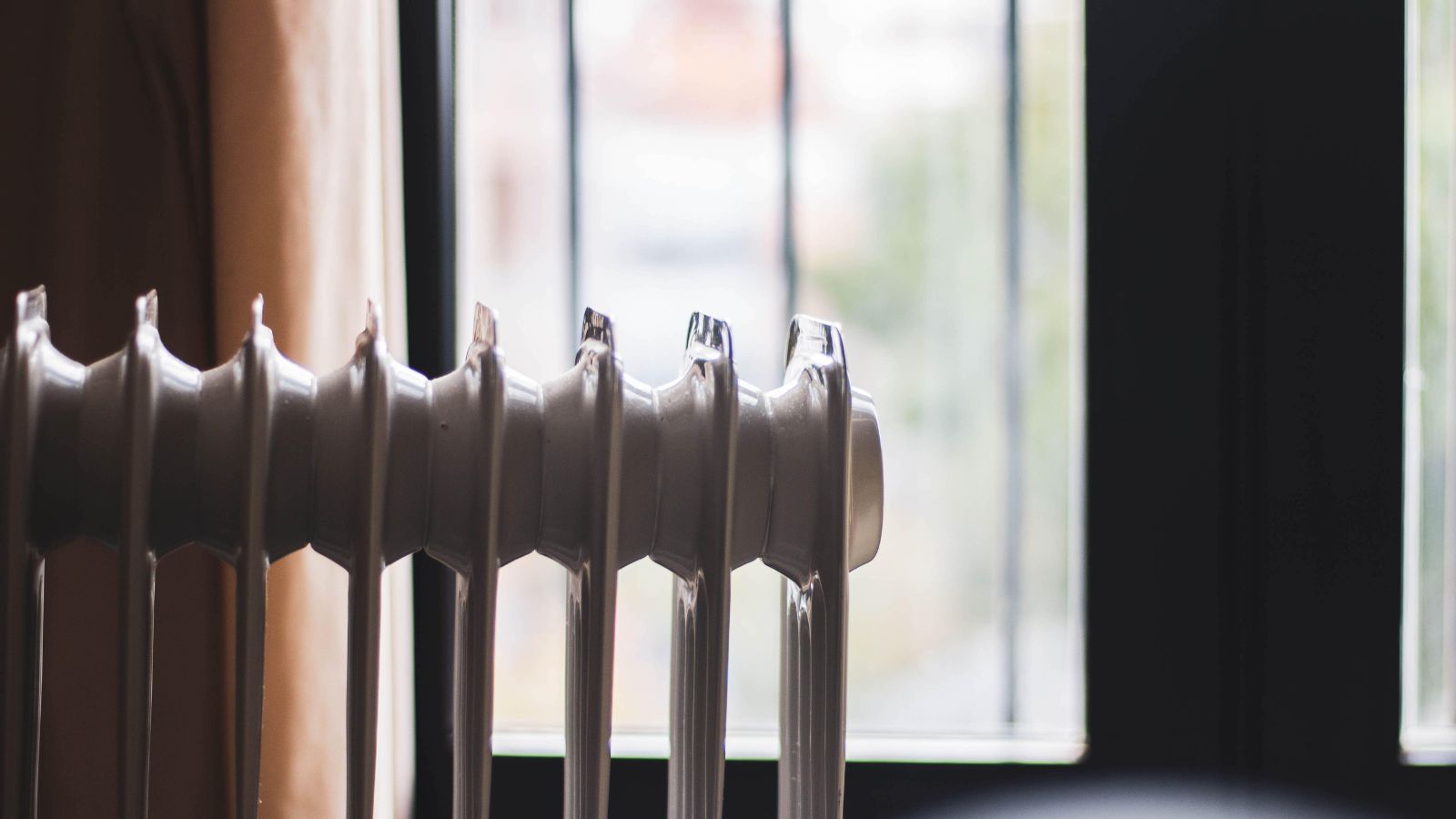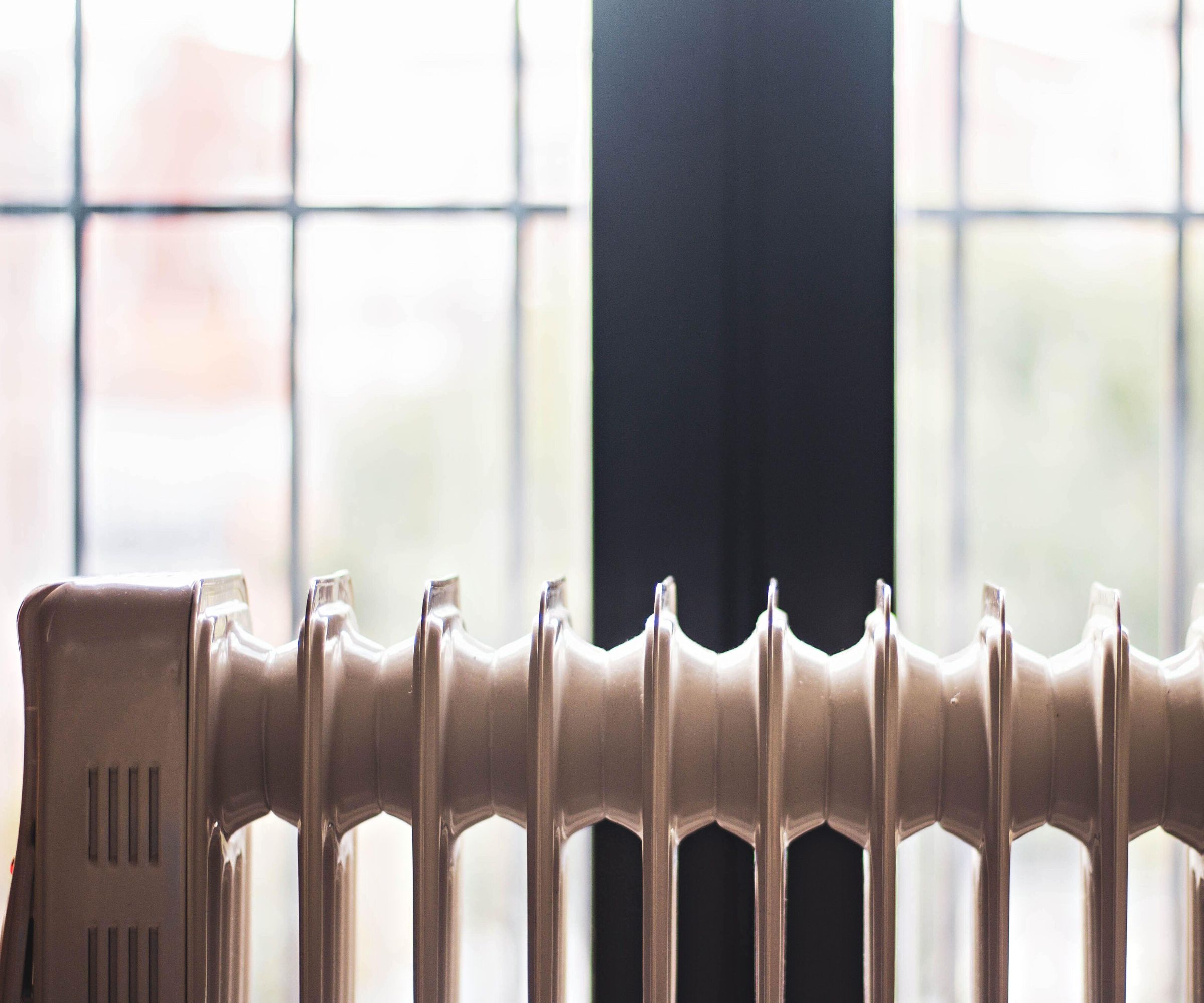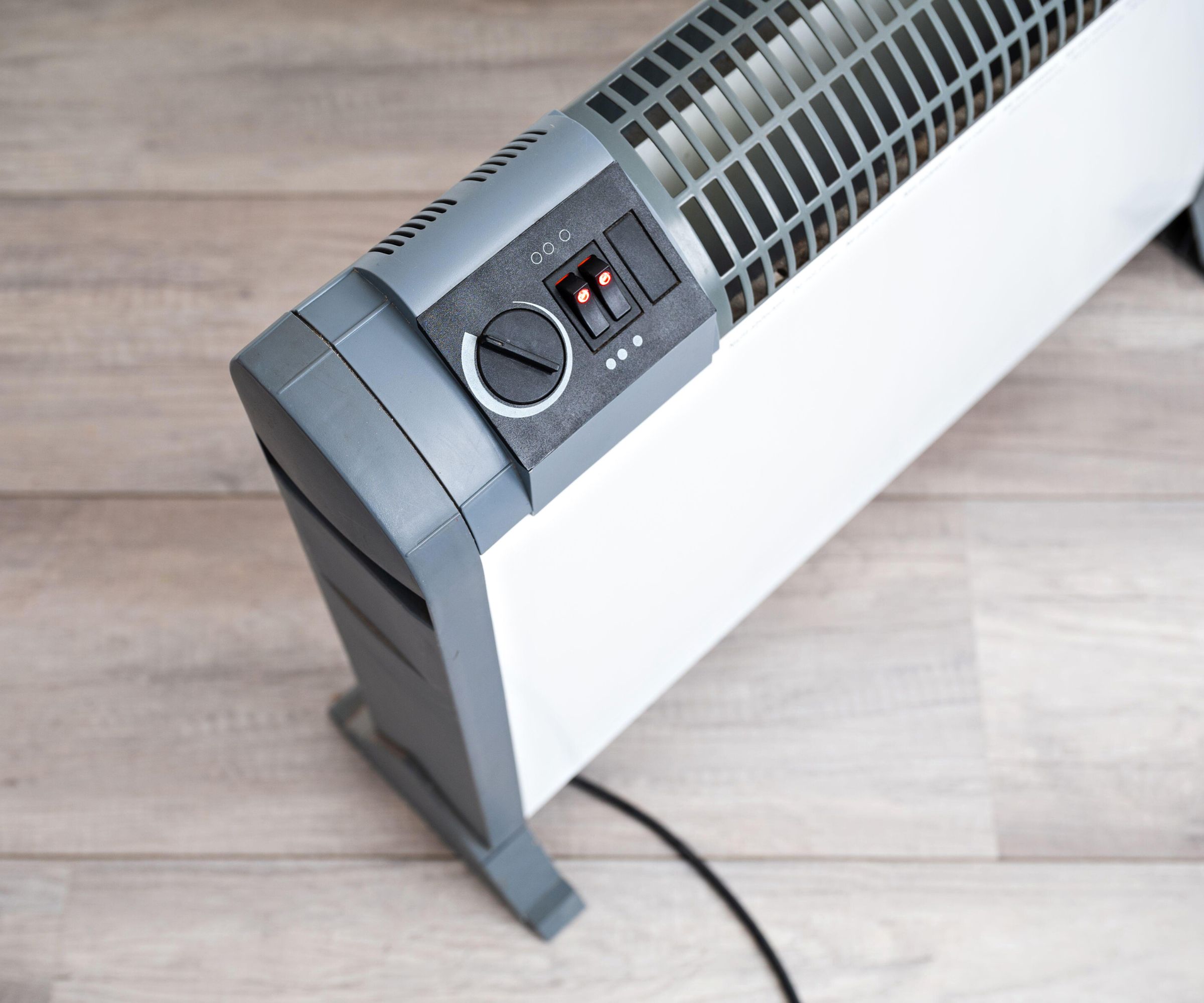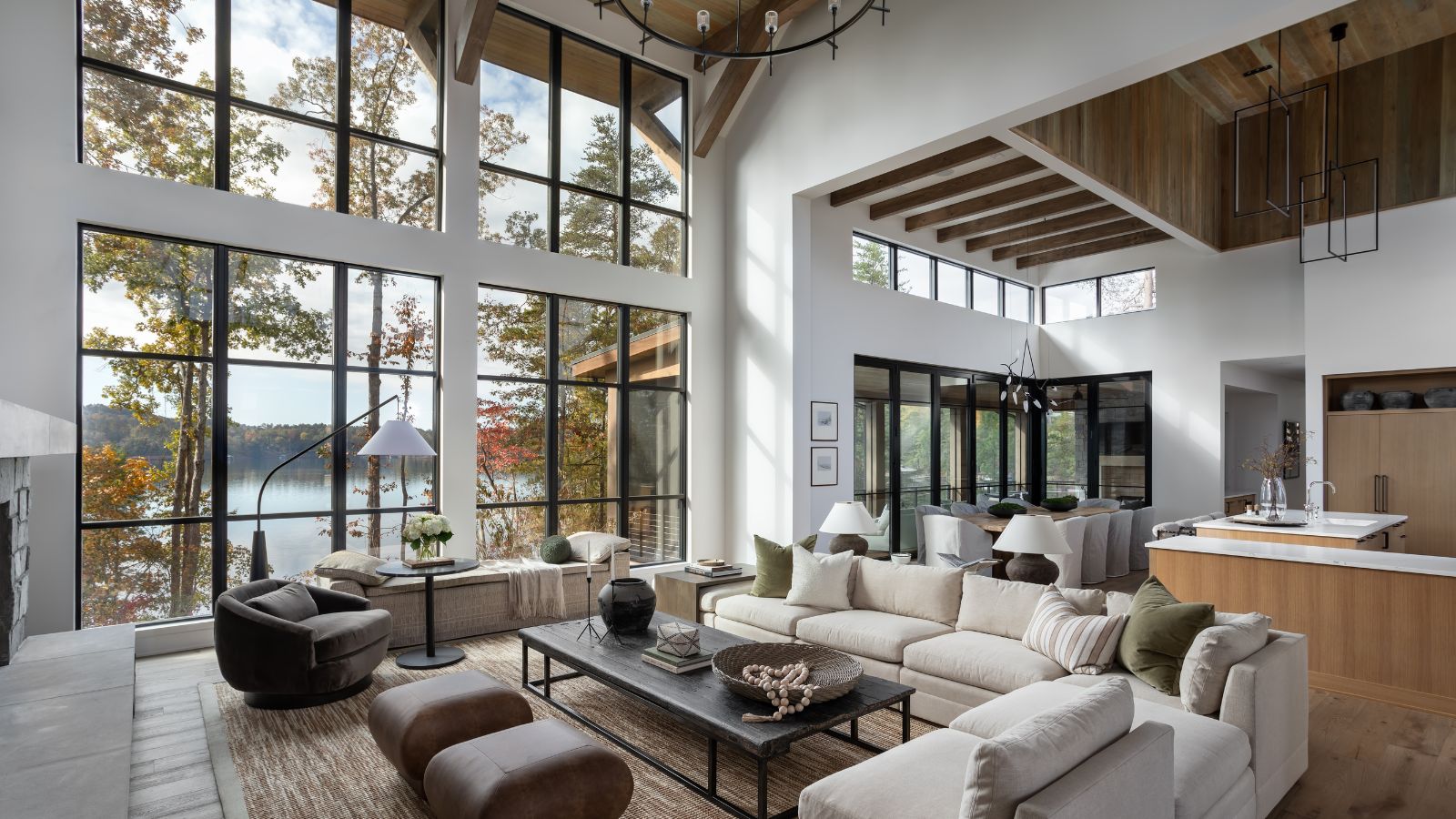How much does it cost to run an electric heater? Experts explain how you can work it out
As the weather cools down and we look for the best way to heat our homes, experts have their say on the efficiency of electric heaters and how much they will cost you


With so many ways of heating a home nowadays, it is unsurprising that people are searching for the most cost-effective way to warm their homes this winter. So, how much does it cost to run an electric heater? and how do you work it out?
When looking at how to cut energy bills, knowing how to work out how much an appliance is costing you is a vital skill that can help you make the most informed decisions on how to save money at home.
Here, we look at the average costs associated with an electric heater and talk to experts to find out how you can work it out easily at home.
How much does it cost to run an electric heater?
If you are looking to boost the temperature of your home, then adding an electric heater often appears to be the easiest option. Whether you add a permanent fixture or a smaller portable electric heater, they are often touted to be efficient additions to any home.
Despite this, experts suggest that they may be the most cost ineffective heating option for your home. 'With winter on the horizon and the cost of living continuing to rise, many people will be looking for ways to keep warm without breaking the bank. While electric heaters may sound like a cost-effective way to keep you warm and cozy as the nights draw in, this isn’t necessarily the case,' says Nigel Best, director of electrical training provider ElectricianCourses4U.
'According to the U.S. Energy Information Administration, the average cost of electricity in the US is 15.5 cents per kilowatt hour or kWh,' says Sinuhe Montoya, CEO and founder of DroneQuote. 'An electric heater for a home may use up to 4.5kWh per hour, depending on variables like space heated and time operated. If you run the electric heating system in a house for five hours with these numbers it would cost you $2.79/day. If you did this 18 days out of the month it would cost you $50.22,' he explains.
'On average, electric heaters can cost anywhere from $0.10 to $0.50 per hour to operate,' adds Dale Steven, researcher, and analyst at Mowers and Yard Tools. 'The actual cost will depend on the size and type of heater, as well as the price of electricity in your area.'
How to work out how much your electric heater is costing you

Unlike working out how much it costs to run a heat pump, the calculations for the costs of an electric heater are far easier due to their simple designs. The lack of installation costs for most electric heaters will also make working out how much the heater will cost you in total simpler.
'Appliances have a technical label that displays the wattage,' Sinuhe Montoya says. 'You can take this value and multiply it by hours of use and then divide by 1,000 to convert the output into kilo-watt hours, which is what your utility charges you in. Next, you multiply by the cost per kWh charged by your utility and the total kWh you came up with, and voila, your cost. Now simply multiply by estimated days of use, and you are good to go.'
'To calculate the cost of using an electric heater you should use the following formula; Cost = power (kilowatt) x cost of one kWh (cents/pence) x the length of time,' Nigel simplifies.
How to make running an electric heater more efficient

When trying to choose energy-efficient appliances for your home, there are several features you should take into consideration. Buying the right electric heater to suit the size of the room will help to make the appliance more efficient, for example.
'As energy bills have risen sharply over the past few months, electric heaters are not a particularly cost-effective way to stay warm,' says Nigel. 'That said, there are a couple of features to look out for to make them as efficient as possible. The first is a thermostat or climate control feature which allows you to set a temperature to which the heater won’t go above or below. This reduces any need for you to turn the heater on and off which would waste unnecessary electricity,' he recommends. 'Second of all, you should take advantage of the different heat settings your appliance offers. On warmer days opt for the lower settings which will reduce the amount of energy your heater uses.'
'Reduce your space heater energy consumption and avoid overheating the room by choosing one with a timer or thermostat feature,' Robert Johnson, marketing director at Coast Appliances concurs. 'Ensure all windows and doors have excellent insulation and replace towel rails, floor heating, and radiators with energy-saving counterparts.'
With poor home insulation often causing up to 25% heat loss from a regular home, you will likely have to have your heater on for longer or run the heater on a higher setting to truly feel the benefits in a poorly insulated property. To quickly improve the insulation of your home, add thermal curtain ideas over windows and exterior doors. These thermal curtains are some of the highest rated by customers on Amazon.
Alternatives to electric heating
If an electric heater proves to be too inefficient there are a range of options available from adding central heating to considering indoor-safe gas and kerosene heaters.
If you have the budget, you may want to consider alternative, longer-lasting heating solutions and eco home improvements such as eco heating. Despite the high up-front costs, eco-friendly heat pumps often provide large savings over an extended period of time and double up to provide eco cooling for the summer months, making these devices wonderfully efficient additions year round.
Does an electric heater use a lot of electricity?
Despite their small size, electric heaters use a significant amount of electricity. Most space heaters use approximately 1,500 Watts of electricity per hour making them one of the most inefficient heating options for your home.
Sign up to the Homes & Gardens newsletter
Design expertise in your inbox – from inspiring decorating ideas and beautiful celebrity homes to practical gardening advice and shopping round-ups.

Chiana has been at Homes & Gardens for two years and is our resident 'queen' of non-toxic living. She spends most of her time producing content for the Solved section of the website, helping readers get the most out of their homes through clever decluttering, cleaning, and tidying tips. She was named one of Fixr's top home improvement journalists in 2024.
-
 The 11 British interior design styles you are going to want to bring into your home – no matter which side of the pond you live on
The 11 British interior design styles you are going to want to bring into your home – no matter which side of the pond you live onInterior designers share their favorite British design trends and how to recreate them in your own home
By Pippa Blenkinsop Published
-
 7 ways to decorate with wood – designers share the best ways to make the most out of this versatile material
7 ways to decorate with wood – designers share the best ways to make the most out of this versatile materialThis is how the design experts embrace the timeless natural beauty of decorating with wood
By Karen Darlow Published